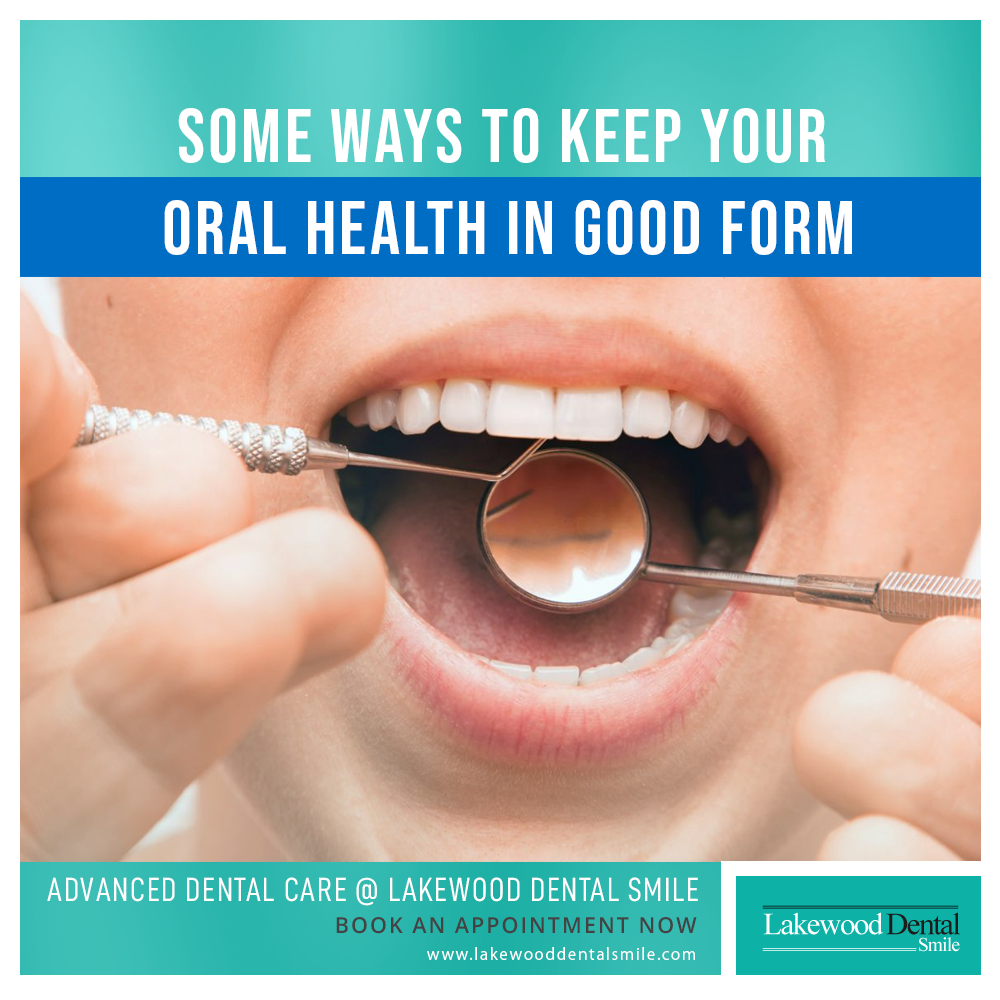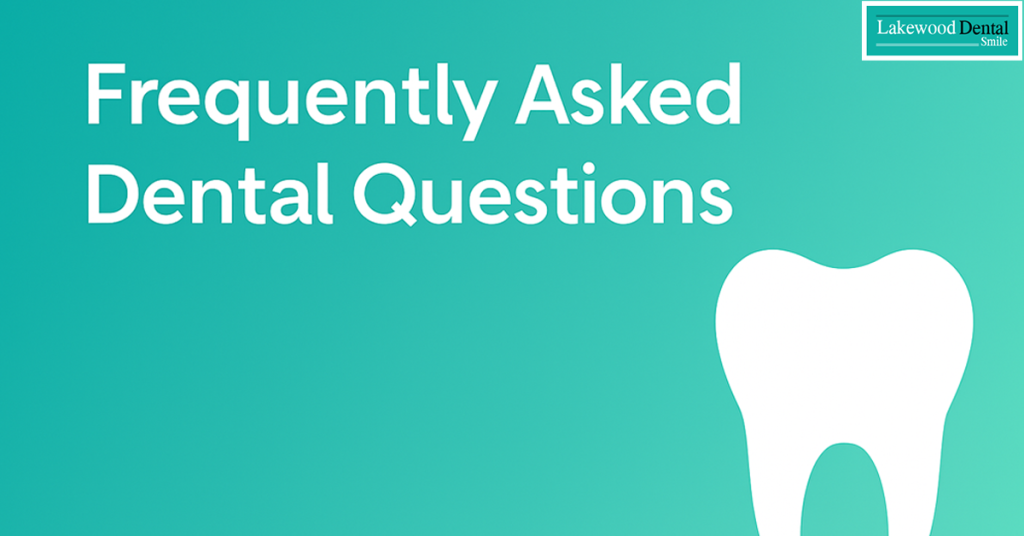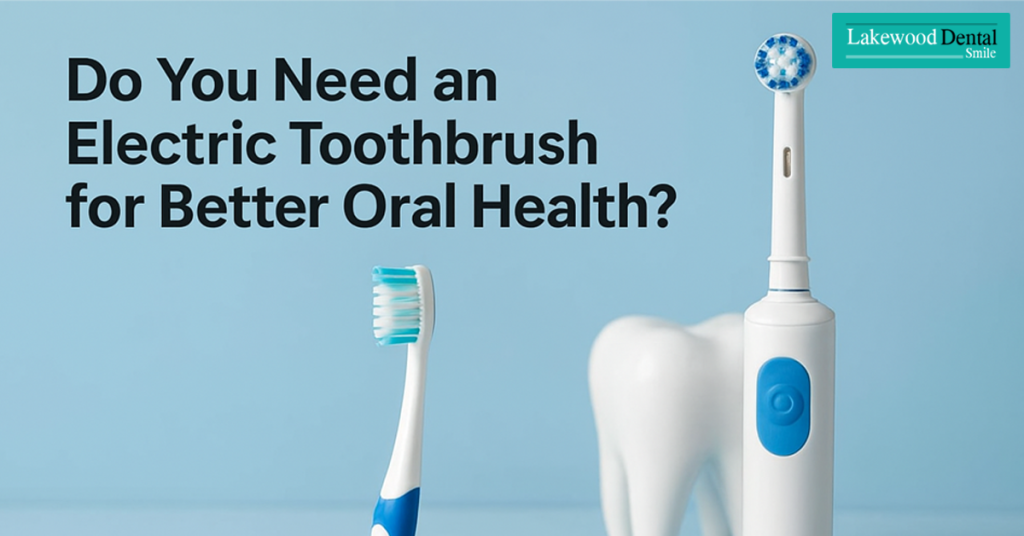Oral health care tips are essential for maintaining a strong, healthy smile throughout your life. Today, we have more options than ever to protect and treat our teeth — from preventive care to advanced cosmetic dentistry. Understanding these choices and their long-term impact can make a big difference. Poor oral hygiene has even been linked to broader health problems, including heart disease and certain cancers.

Fortunately, maintaining oral health doesn’t have to be complicated. A few consistent, simple habits can safeguard your teeth and gums from early childhood to old age. Let’s look at seven smart ways to keep your mouth in great condition.
1. Start Dental Care Early
Tooth decay is one of the most common chronic childhood diseases. By age 12 to 15, many children already have cavities. The best approach is to begin care as early as six months old. For infants, wipe teeth gently with a clean, damp cloth or use a soft baby toothbrush. Around age 2, encourage children to brush by themselves under supervision to ensure proper technique.
Early introduction to brushing and routine checkups helps children build habits that last a lifetime and reduces their chances of developing cavities later.
2. Use the Right Amount of Fluoride
Fluoride strengthens tooth enamel and reduces the risk of decay. Using fluoridated tap water and toothpaste provides excellent protection. However, more isn’t always better — especially for young children. A small smear (about the size of a grain of rice) of toothpaste is enough for toddlers, while older kids can use a pea-sized amount.
If you’re unsure about fluoride levels in your water, ask your dentist for guidance. Balanced fluoride use is a cornerstone of oral health care tips that promote lifelong dental strength.
3. Brush Twice a Day and Floss Daily
Brushing in the morning and before bed removes food particles and plaque that can lead to gum disease and decay. Replace your toothbrush every 3–4 months or sooner if the bristles are frayed.
Teens with braces should use special brushes or interdental tools for better cleaning, while older adults with arthritis may benefit from electric toothbrushes or larger grips for easier handling. Regular brushing and flossing remain the foundation of good dental hygiene for all ages.
4. Rinse or Chew Sugar-Free Gum After Meals
Beyond brushing and flossing, using an antibacterial mouth rinse reduces harmful bacteria and prevents plaque buildup. Chewing sugar-free gum after eating can also help — it stimulates saliva, which naturally neutralizes acids and washes away food particles.
This simple step is one of the easiest oral health care tips to include in your daily routine, especially when brushing isn’t possible after every meal.
5. Eat Smart for Strong Teeth
A nutritious diet supports your teeth as much as it supports your body. Whole grains, nuts, fruits, vegetables, and dairy products provide essential vitamins and minerals for strong enamel and healthy gums. Omega-3 fatty acids, found in fish, may also help reduce inflammation and lower your risk of gum disease.
Choosing whole foods over processed snacks and sugary drinks promotes overall health while keeping your smile bright and strong.
6. Limit Sugary Foods and Drinks
When mouth bacteria feed on sugars, they release acids that erode tooth enamel. Over time, this leads to decay. Sugary beverages such as sodas and sweetened fruit drinks are particularly harmful because people often sip them slowly, extending acid exposure.
Try to limit these drinks and rinse your mouth with water afterward. Opt for water, milk, or unsweetened tea instead. Following these oral health care tips helps protect your enamel and prevent cavities.
7. Schedule Regular Dental Checkups
Even with the best home routine, professional cleanings and exams are vital. Dentists can spot early signs of cavities, gum disease, and other issues before they become serious. Routine visits every six months ensure that any developing problems are treated promptly.
If you’re looking for professional support, Lakewood Dental Smile in Dearborn, Michigan, offers comprehensive preventive and cosmetic dental services in a calm, patient-focused environment. From teeth whitening to implants, you’ll find advanced options tailored to your unique needs.
If you’re looking for professional support, Lakewood Dental Smile in Dearborn, Michigan, offers comprehensive preventive and cosmetic dental services in a calm, patient-focused environment. From teeth whitening to implants, you’ll find advanced options tailored to your unique needs.
Patient Scenario
Consider Sarah, a 38-year-old patient who once avoided dental visits due to fear. After experiencing sensitivity and discoloration, she followed these oral health care tips — brushing twice daily, using fluoride toothpaste, and scheduling regular checkups. Within months, her teeth became healthier and brighter, boosting her confidence and overall well-being. Her story shows that simple, consistent care can lead to lasting improvements.
Aftercare & Maintenance Tips
After adopting these healthy habits, keep your mouth in great shape by maintaining consistency. Replace toothbrushes regularly, use antibacterial rinses, and limit acidic foods. Avoid smoking or chewing tobacco, as these can lead to gum disease and staining.
For any discomfort, sensitivity, or aesthetic concerns, visit your dentist promptly. Following these oral health care tips ensures your smile remains radiant and strong for years to come.
Conclusion
Oral health care tips are more than just advice — they’re the foundation of a lifetime of healthy smiles. Whether it’s brushing properly, using fluoride wisely, or maintaining a balanced diet, each small action adds up to significant results. At Lakewood Dental Smile, our team is committed to helping you maintain strong, beautiful teeth through personalized, gentle care. Keep smiling — your oral health is worth it.




